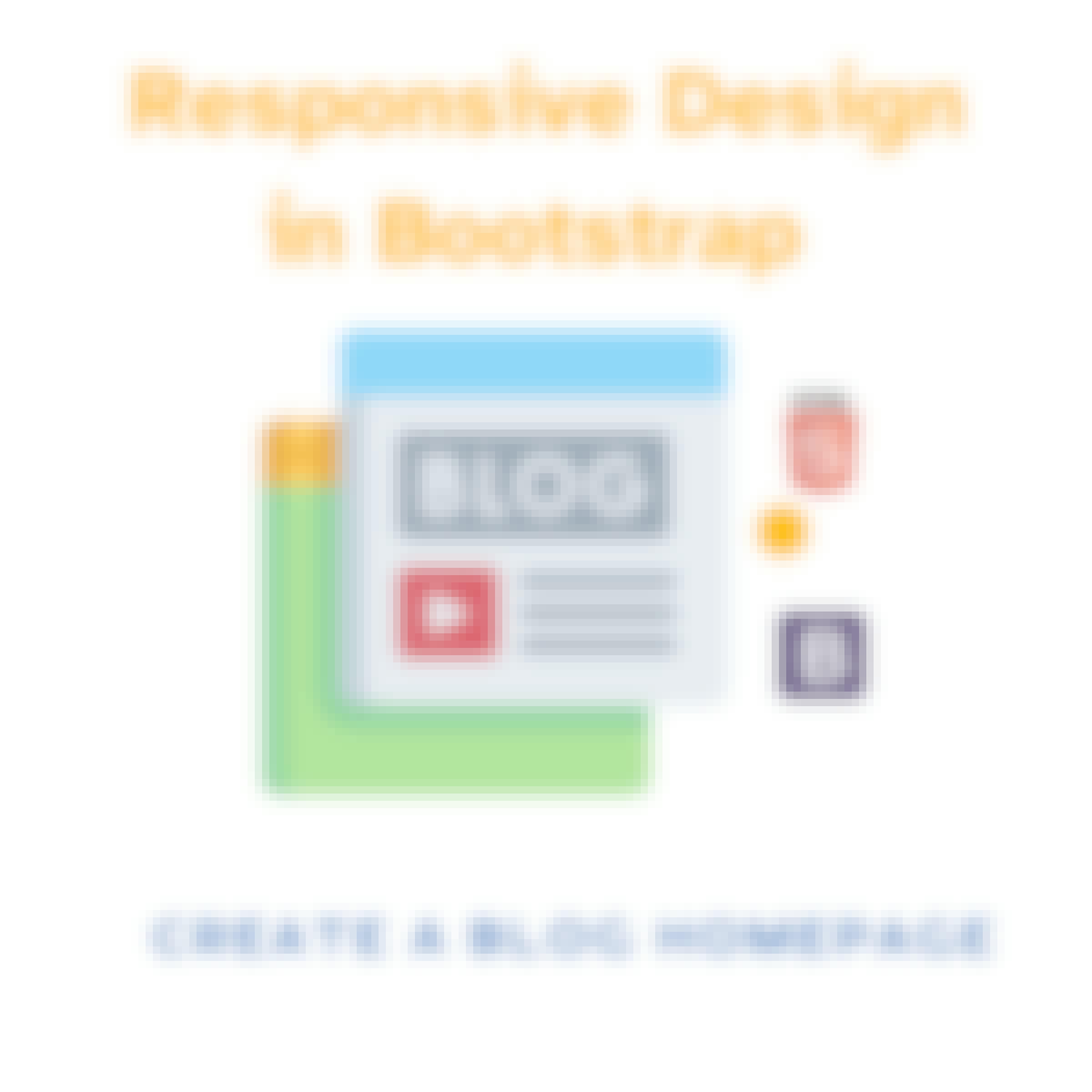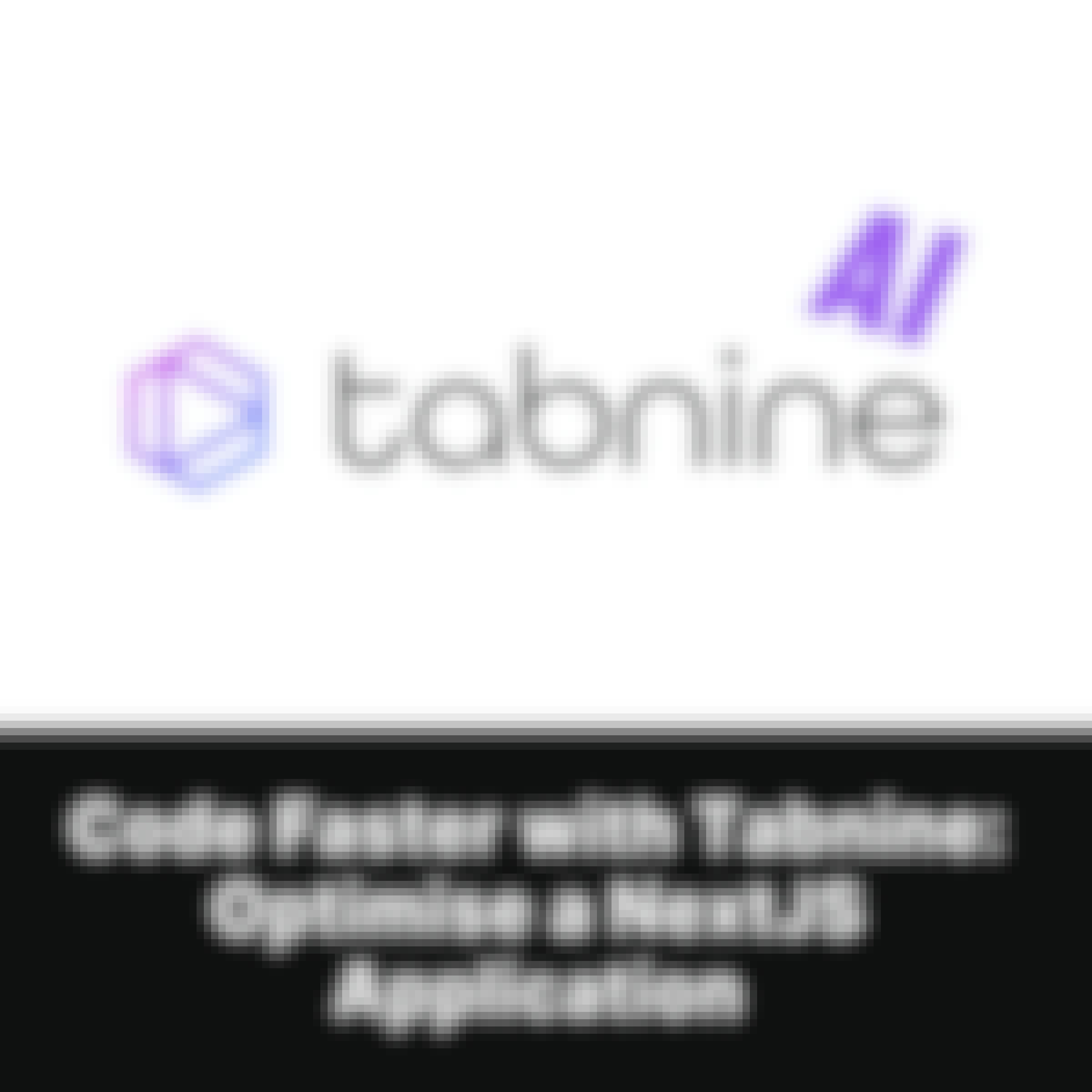Filter by
SubjectRequired
LanguageRequired
The language used throughout the course, in both instruction and assessments.
Learning ProductRequired
LevelRequired
DurationRequired
SkillsRequired
SubtitlesRequired
EducatorRequired
Explore the Biomedical Engineering Course Catalog

Skills you'll gain: MLOps (Machine Learning Operations), Time Series Analysis and Forecasting, Google Cloud Platform, Forecasting, Feature Engineering, Data Transformation, Predictive Modeling, Data Cleansing, Applied Machine Learning, Continuous Monitoring, Artificial Intelligence and Machine Learning (AI/ML)
 Status: Free Trial
Status: Free TrialBoard Infinity
Skills you'll gain: Server Side, Restful API, API Design, Back-End Web Development, Node.JS, Databases, Database Management, Database Systems, MongoDB, Full-Stack Web Development, Application Programming Interface (API), Authentications, Web Applications, JavaScript Frameworks, Web Development, Authorization (Computing), NoSQL, Web Servers, Servers, Javascript

Coursera Instructor Network
Skills you'll gain: Generative AI, Cloud Management, Cloud Engineering, Cloud Infrastructure, Prompt Engineering, System Support, Data Ethics, Artificial Intelligence, System Monitoring, Technical Communication
 Status: New
Status: NewCoursera Project Network
Skills you'll gain: React.js, Server Side, JavaScript Frameworks, Node.JS, Web Development Tools
 Status: Free Trial
Status: Free TrialNIIT
Skills you'll gain: React.js, Front-End Web Development, Systems Development Life Cycle, Program Development, Application Development, User Interface and User Experience (UI/UX) Design, UI Components, User Flows, Software Design Documents, Unit Testing, Data Validation, Javascript
 Status: New
Status: NewDassault Systèmes
Skills you'll gain: Industrial Engineering, Manufacturing and Production, Virtual Environment, Simulation and Simulation Software, Process Analysis, Robotic Process Automation, Production Process, Simulations, Program Development

Coursera Project Network
Skills you'll gain: Bootstrap (Front-End Framework), Responsive Web Design, Hypertext Markup Language (HTML), Mockups, Web Development, Web Design, Cascading Style Sheets (CSS), User Interface (UI) Design

Coursera Project Network
Skills you'll gain: Finite Element Methods, Simulations, Engineering Analysis, Numerical Analysis, Mechanical Design, 3D Modeling, Scientific Visualization, Cloud Computing, Structural Analysis

Coursera Project Network
Skills you'll gain: Simulation and Simulation Software, Computer-Aided Design, General Networking, User Interface (UI), Engineering Analysis, Test Case
 Status: Free Trial
Status: Free TrialUniversity of Colorado Boulder
Skills you'll gain: Customer experience strategy (CX), Technical Management, Media Planning, Marketing Strategy and Techniques, Campaign Management, Customer Relationship Management, Sales Management, Marketing and Public Relations, Supply Chain Management, Marketing Budgets, Loyalty Programs, Business Operations, Presentations, Financial Forecasting, Brand Management, Revenue Management, Sales Strategy, Advertising

Coursera Project Network
Skills you'll gain: Integrated Development Environments, Software Development, Software Development Tools, Debugging, Web Development Tools, Generative AI, Web Development, React.js

Google Cloud
Skills you'll gain: Image Analysis, Large Language Modeling, Text Mining, Google Cloud Platform, Computer Vision, Prompt Engineering, Generative AI, Data Processing, AI Personalization, Document Management
Biomedical Engineering learners also search
In summary, here are 10 of our most popular biomedical engineering courses
- Introduction to Vertex Forecasting and Time Series in Practice: Google Cloud
- Comprehensive Guide to Server-Side Logic and Development: Board Infinity
- GenAI for Cloud Support Associates: Coursera Instructor Network
- Server Side Rendering with Next.js: Update a News Website: Coursera Project Network
- Capstone Project: NIIT
- Virtual Factory for Education: Dassault Systèmes
- Responsive Design in Bootstrap: Create a Blog Homepage: Coursera Project Network
- Netzkonvergenzstudien in der Finiten Elemente Methode: Coursera Project Network
- CFD Simulation um einen Spoiler: Coursera Project Network
- Building and Pitching Marketing Campaigns in Tech Industries: University of Colorado Boulder










